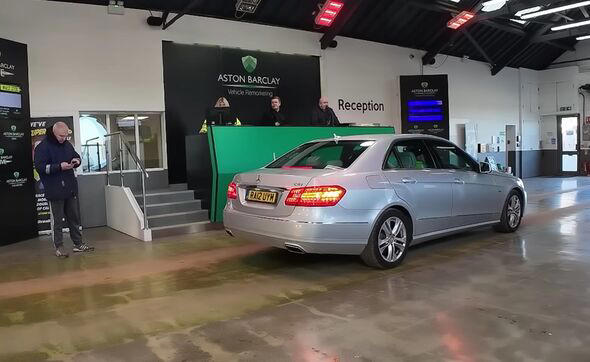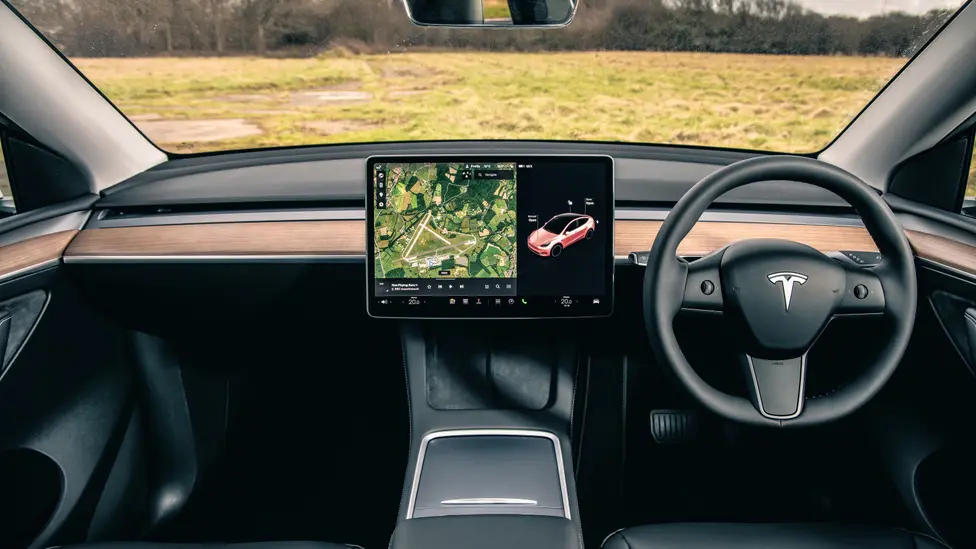Understanding Vehicle Excise Duty Changes: What You Need to Know.
Are you a car owner in the UK? Brace yourself for some important changes in Vehicle Excise Duty (VED) that could affect your pocket starting this April.

But here’s the twist: while petrol and diesel owners are facing these increases, electric car owners are catching a break. They won’t have to pay a penny in VED charges, thanks to some sweet exemptions outlined by officials. This exemption has been a major incentive for drivers to make the switch to electric vehicles. Just think about it: hundreds of pounds saved per year—sounds like a pretty good deal, right?
In fact, the number of electric vehicles on UK roads has recently crossed the one million mark, a significant milestone in the push towards greener transportation. But hey, don’t think you can just plug in your car and forget about taxes altogether. Electric vehicle owners still need to ensure they properly tax their vehicles. Failure to do so can lead to fines of up to £1,000—ouch!
So, what qualifies an electric vehicle for this sweet tax exemption? Well, it’s pretty straightforward. Your electricity has to come from specific sources, such as external charge points, electric storage batteries not connected to any power source while the vehicle is moving, or hydrogen fuel cells. If your electric vehicle meets these criteria, congratulations! You’re in the tax-free zone—for now, at least.
So, what’s driving these changes? It’s all about fairness and equality. The new rules aim to “equalize” VED treatment for all zero-emission and internal combustion models. From April 2025 onwards, zero-emission cars registered after April 1, 2017, will be liable to pay the lowest first-year rate of VED, similar to vehicles with CO2 emissions between one to 50g/km. And from the second year of registration onwards, zero-emission cars will transition to the standard annual rate.
But wait, there’s more. The Expensive Car Supplement exemption for electric vehicles is also coming to an end in 2025. This means that new zero-emission cars registered after April 1, 2025, will be required to pay the expensive car supplement if they meet the eligibility criteria. Currently, this applies to vehicles with a list price of or exceeding £40,000.
And let’s not forget about the changes in the graduated VED system. Vehicles that were previously in Band A under this system will need to move to the first band where a rate becomes payable. It’s all part of the effort to streamline the VED system and ensure consistency across different vehicle types.
In summary, the landscape of Vehicle Excise Duty is changing, and car owners need to stay informed. While electric vehicle owners have enjoyed a tax-free ride, that privilege is coming to an end in April 2025. So, if you’re considering going electric, now might be the time to make the switch and take advantage of the remaining tax exemptions while they last.
But regardless of what type of vehicle you own, one thing remains clear: proper tax compliance is crucial. Whether it’s paying your VED charges or ensuring your vehicle is properly taxed, staying on the right side of the law can save you from hefty fines and headaches down the road.
In conclusion, as the wheels of change keep turning, it’s essential to stay ahead of the curve and understand how these VED changes could impact you. So, buckle up, stay informed, and drive safely on the road ahead!
